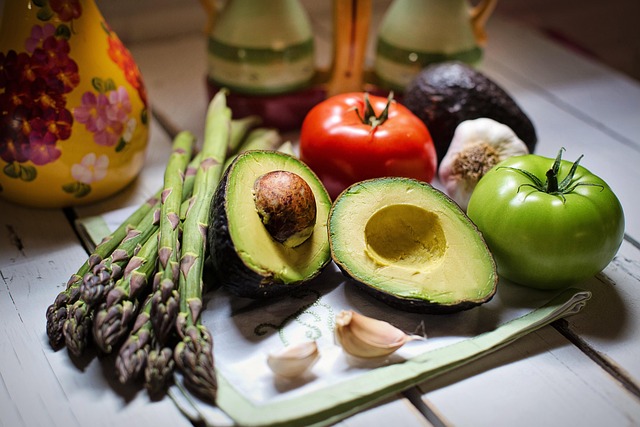By Eleni Tsiridou,
Veganism has been on the rise over the past few years. By excluding animal source foods from their eating habits, avoiding animal products, and incorporating plant-derived foods to their diet, people not only strive for a healthier lifestyle, but also fight against animal exploitation and work towards a more sustainable future. As we go through 2025, more and more people choose vegan products due to issues concerning the environment, animal welfare, health benefits and technology advancements. Despite all the advantages of veganism, we still need to take into account how it can impact our health, and whether it is truly a sustainable choice.
One of the most prominent reasons why people turn to veganism is factory farming. Man’s behavior towards farm animals has been characterized as harsh and even cruel, leading people to avoid animal products. It is only right that the majority of people cut out from their diet, and overall consumption habits, anything that derives from animals. Modern plant-based alternatives offer people the chance to resist such cruel practices and at the same time stay in form. In addition to that, healthcare professionals seem to support plant-based diets since they are linked to reducing the risk of cardiovascular diseases and type 2 diabetes. Furthermore, livestock farming has been affecting significantly the environment. More explicitly, this industry is responsible for greenhouse gas emissions, deforestation, and water pollution. In 2025, veganism proposes a way of decreasing our environmental footprint.

Advances in lab-grown and plant-based food technology have started to appeal to large crowds, increasing the acceptance rate of meat and dairy substitutes. Cellular agriculture plays a huge role in this adoption, providing sustainable and cruel-free alternatives. This green way of living is constantly evolving and gaining new supporters through social media, influencers, and celebrity endorsements. Even the fast-food industry is affected by this “trend”. Vegan options seem to be present on every menu, reasonably priced since demand grows. Governments also attempt to raise awareness about the benefits of veganism by enacting policies such as labeling regulations and subsidies.
On the other hand, there are people who question veganism. Is it really good for our health and planet? Do vegans live longer and age better than omnivores? Yes, most vegans avoid smoking, exercise more, and seem to be of higher status, and that is why they appear to have better overall health. But studies have shown that the debate over whether veganism can support better longevity remains open for conversation. Further, due to lack of sufficient proteins and vitamins in plant-based foods, some vegans tend to develop nutrient deficiencies. Weakness, fatigue, heart problems, and loss of hair are some of the main consequences of not getting enough nutrients for a long period of time. Of course, this doesn’t apply to everyone. One who plans their diet carefully and consults an expert regularly might be able to secure for themselves a longer and healthier life. Also, let’s not forget that we are all different, so it is impossible to know how our organism will respond to such diets. Longevity depends on more than just a diet. Factors like exercise, stress management, and sleep can also play a role.

So what does the future of veganism look like? So far in 2025 we can see plant-based foods being used to reinvent culinary traditions from around the globe. Every day, we are introduced to recipes that combine sustainability, ethics, and taste, such as vegan ramen or jackfruit tacos with international spices. Big brands like Ferrero, have started to propose vegan versions of their most popular products, like vegan Nutella. In 2025, the number of businesses who will make investments in vegan products will increase even more. This decision is largely due to customer demand for more inclusive and sustainable products. Thanks to fermentation, baked goods, dairy, cheese, and butter are transforming into vegan alternatives that taste and feel more like conventional products. This technique basically replicates animal-like proteins without actually using animals. Lastly, materials used for packaging are becoming biodegradable, compostable, and even edible, like VEG-PACK.
To sum up, as we gaze into the future, veganism is not just a lifestyle, it has become one of the main reasons we have started to reshape our ideas, food systems, and even moral values. Personally, I think that veganism is here to remind us that everything is temporary and that some of our beliefs need to be re-explored. It isn’t only about being on a diet in order to live longer but it’s also about having the discipline and patience to try out something new.
References
- The Vegan Future of 2025: Five Key Trends to Watch. Veganok. Available here
- Why People Are Still Choosing Vegan Foods in 2025: A Comprehensive Analysis. Elite Living Magazine. Available here
- Do Vegans Live Longer and Age Better? verywell health. Available here




